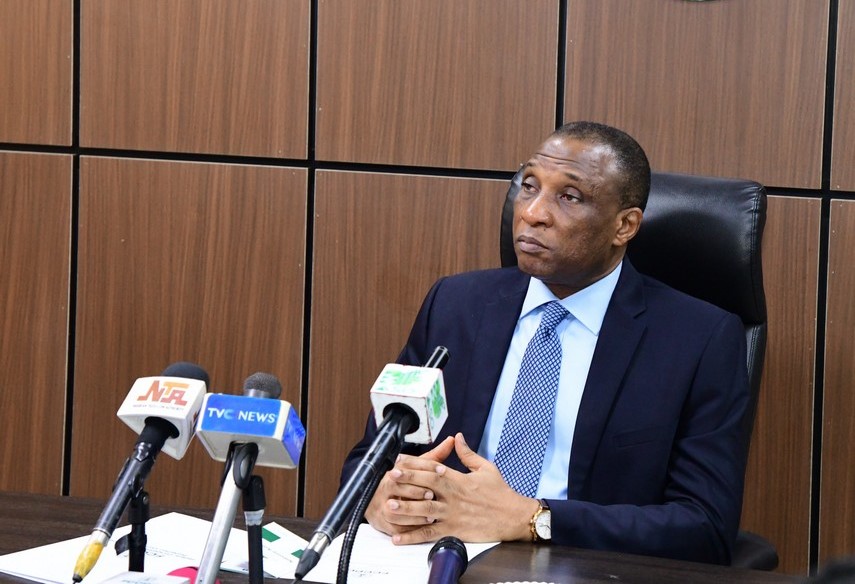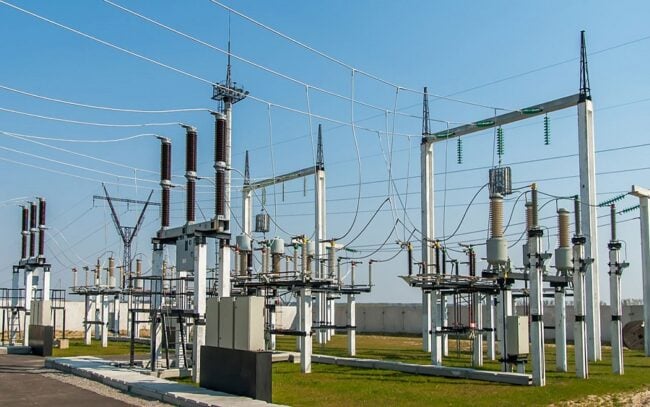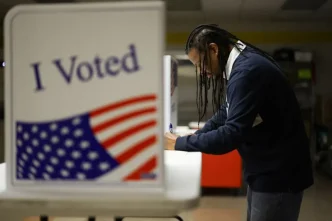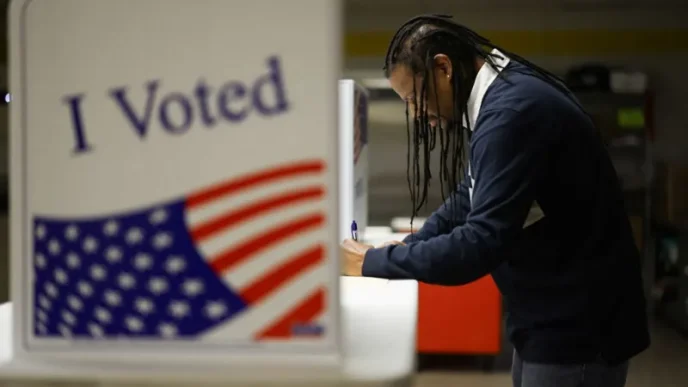Tunji Bello, executive vice-chairman and chief executive officer (CEO)
The Federal Competition and Consumer Protection Commission (FCCPC) has asked electricity distribution companies (DisCos) to develop ways to phase out prepaid meters without arbitrarily billing consumers.
Tunji Bello, executive vice-chairman and chief executive officer (CEO) spoke on Thursday at a stakeholders meeting on metering challenges in Abuja.
On October 18, the Nigerian Electricity Regulatory Commission (NERC) ordered DisCos to replace phased-out meters.
Ikeja Electric had also announced that the Unistar prepaid meters, first deployed over a decade ago, will no longer be supported from November 14, due to technological upgrades and the token identifier (TID) rollover issue.
Advertisement
After receiving complaints from consumers who raised concerns about the cost of getting a meter and the bill incurred during the period of changing the meters, the FCCPC decided to hold a meeting with electricity stakeholders.
The stakeholders include the NERC, Nigeria Electricity Management Services Agency (NEMSA), the 12 DisCos, and the manufacturer of Unistar prepaid meters.
Speaking at the meeting on Tuesday, Bello said while the phasing out may be compulsory, DisCos must provide clarity on the process and prioritise the rights of consumers.
Advertisement
He also said the meeting provided a platform to advise DisCos on bearing the replacement costs for their meters without imposing additional charges on consumers.
“From our analysis of consumer complaints, it is clear that electricity consumers routinely endure problems related to billing, metering, transformers, connections, disconnections, and customer service, among others,” Bello said.
“Regrettably, many of these challenges, from billing inaccuracies to inadequate customer care, are human-made. They stem from systemic inefficiencies and a troubling culture of impunity among certain service providers.
“The FCCPC Act (FCCPA) and current NERC regulations grant consumers rights, including rights to fair treatment and transparent billing.
Advertisement
“However, complaints reveal that consumers are often forced to pay upfront for meters without reimbursement, contrary to established guidelines under the NERC Meter Asset Provider and National Mass Metering Regulations 2021, which stipulate reimbursement through energy credits.
“Furthermore, customers with faulty meters are randomly placed on estimated billing by some DisCos, a practice that is clearly prohibited by NERC.”
‘REGULATORY BREACHES WILL BE MET WITH CORRECTION ACTION’
The FCCPC boss further said the disregard for robust regulatory frameworks, such as the NERC Meter Asset Provider and National Mass Metering Regulations 2021 and the Customer Protection Regulations 2023, by DisCos “is unacceptable and will no longer be tolerated”.
Advertisement
Bello said although Nigeria faces power shortages, it does not justify systemic abuses against consumers.
“Going forward, regulatory breaches in the industry will be met with immediate corrective action,” he said.
Advertisement
The FCCPC boss also condemned the widespread practice of placing consumers with faulty meters on estimated billing, describing it as a violation of NERC’s regulations.
“DisCos have no excuse for failing to follow proper procedures, including reimbursement for meter purchases and ensuring faulty meters are promptly replaced,” Bello added.
Advertisement
On his part, Okeme Obiabo, assistant manager at NEMSA, said it is important the DisCos follow due process for meter replacement.
“We’ve been addressing obsolete meters, and distribution companies must adhere to the procedures for replacing them,” Obiabo said.
Advertisement
“Meter testing and certification are essential, and DisCos are responsible for carrying out these replacements and ensuring that faulty meters are replaced promptly.”
Zubair Babatunde, head of consumer engagement at NERC, reiterated the commission’s commitment to consumer protection, specifically regarding the replacement of obsolete meters.
Babatunde said consumers should not bear the cost of replacing meters simply because they are not responsible for them.
Add a comment











